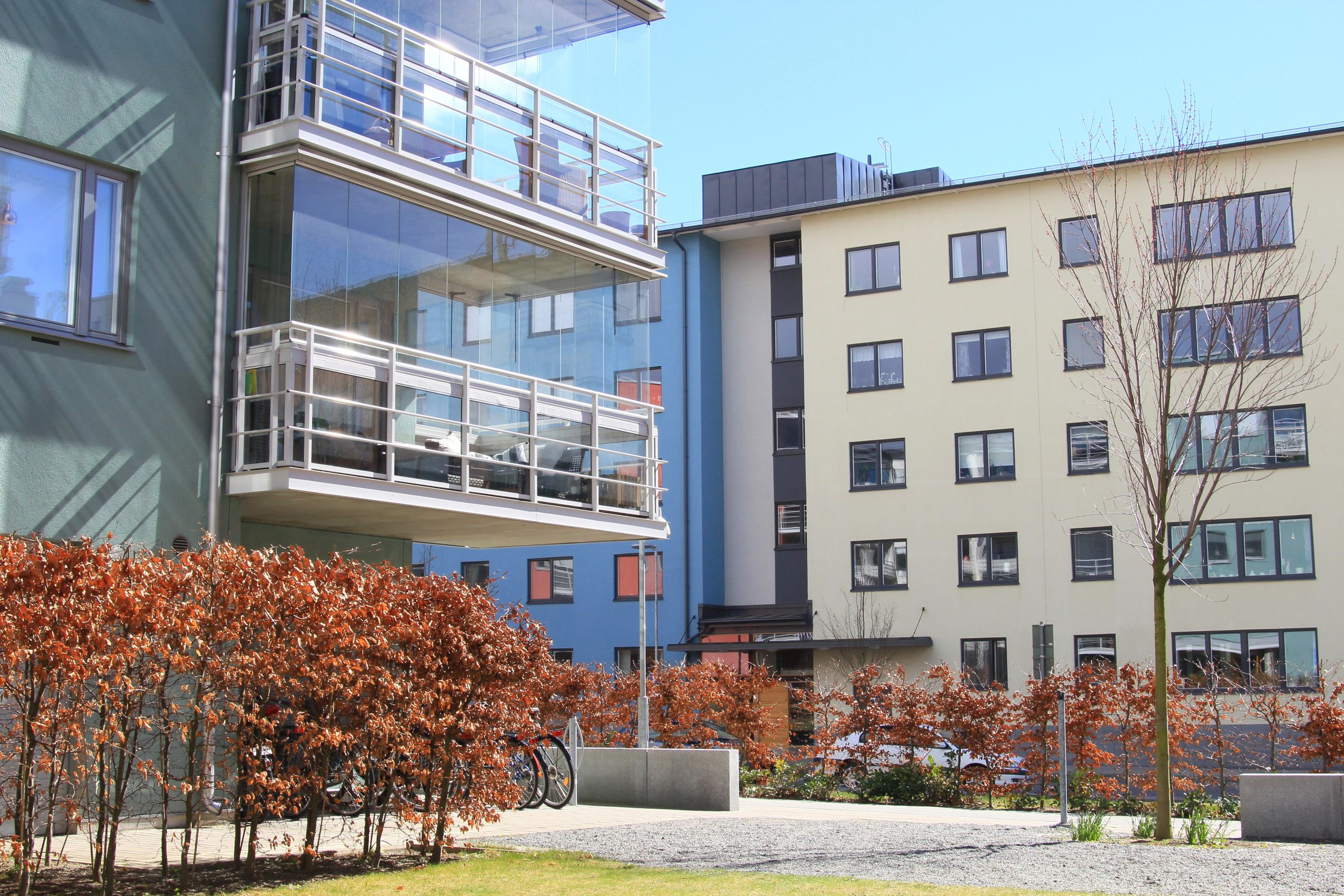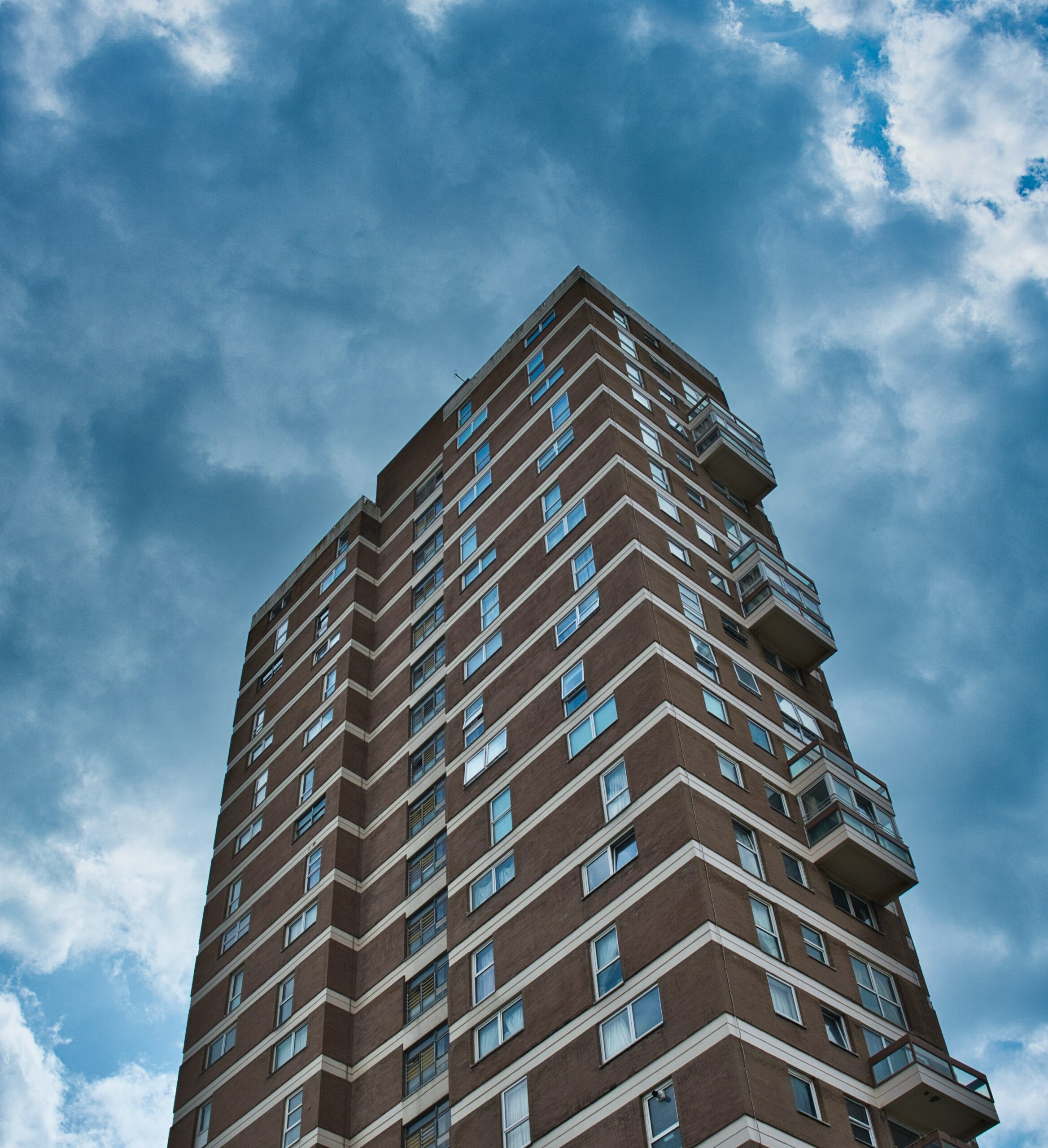As the impact of the Building Safety Act 2022 (BSA) continues to be felt across the property sector, a lot of the changes have been well documented. However almost weekly commentators are discovering other elements in the BSA whose impact was not initially realised and perhaps not even meant. Brady Solicitors BSA expert Jeremy Weaver outlines an aspect of the BSA which is largely going under the radar in relation to freeholders and managing agents of residential and mixed use buildings that contain at least two dwellings, and are above 11 metres high or at least 5 storeys, that have building safety defects.

In short, freeholders and managing agents will need to be able to demonstrate that they have investigated alternative funding sources before they pass any remediation costs to leaseholders under the service charge. The obvious purpose of this is to ensure that leaseholders are protected and paying a fair amount for any works required, and the BSA also introduces further protection for leaseholders which varies depending on whether they have a qualifying lease or not.
What is a qualifying lease?
- A property situated in a high risk building (above 11 metres or five storeys)
- Contains at least two dwellings
- The lease was already in existence on 14 February 2022
- Your property was your primary residence or you owned no more than three UK residential properties on 14 February 2022
For leaseholders with qualifying leases, the BSA also provides protection against remediation costs for non-cladding building safety defects. This is done through the introduction of caps and restrictions to service charge recovery.
As for leaseholders who don’t hold qualifying leases, Section 133 of the BSA inserts a new section 20D into the Landlord and Tenant Act 1985 which requires freeholders and/ or managing agent to take reasonable steps to identify other ways to recover costs before asking residential leaseholders to contribute via the service charge, whether they have a qualifying lease or not. Whilst this doesn’t need to be done for commercial leaseholders those who occupy premises within a mixed use building may indirectly benefit. This is because the freeholder/ managing agent will need to comply with this for residential tenants in the building and as any cost recovered has to be applied to the service charge for the building as a whole.
The big question – who funds the investigation process?
Whilst the benefit to leaseholders here is clear and the BSA has increased the recovery routes for alternative funding, it does raise one relatively large question, of who funds the work and time involved in investigating potential funding streams. Additionally, there is no guarantee that carrying out this work will identify funding to utilise.
Ultimately it is likely that funding from freeholders or managing agents will be needed for this new requirement. This may well lead to some freeholders or managing agents weighing up whether the cost of pursing potential funding is worthwhile, or whether they are better off funding the works themselves and accepting the costs won’t be recoverable via the service charge. Whichever way you look at it, the likelihood is the freeholder or managing agent may well face a shortfall.




